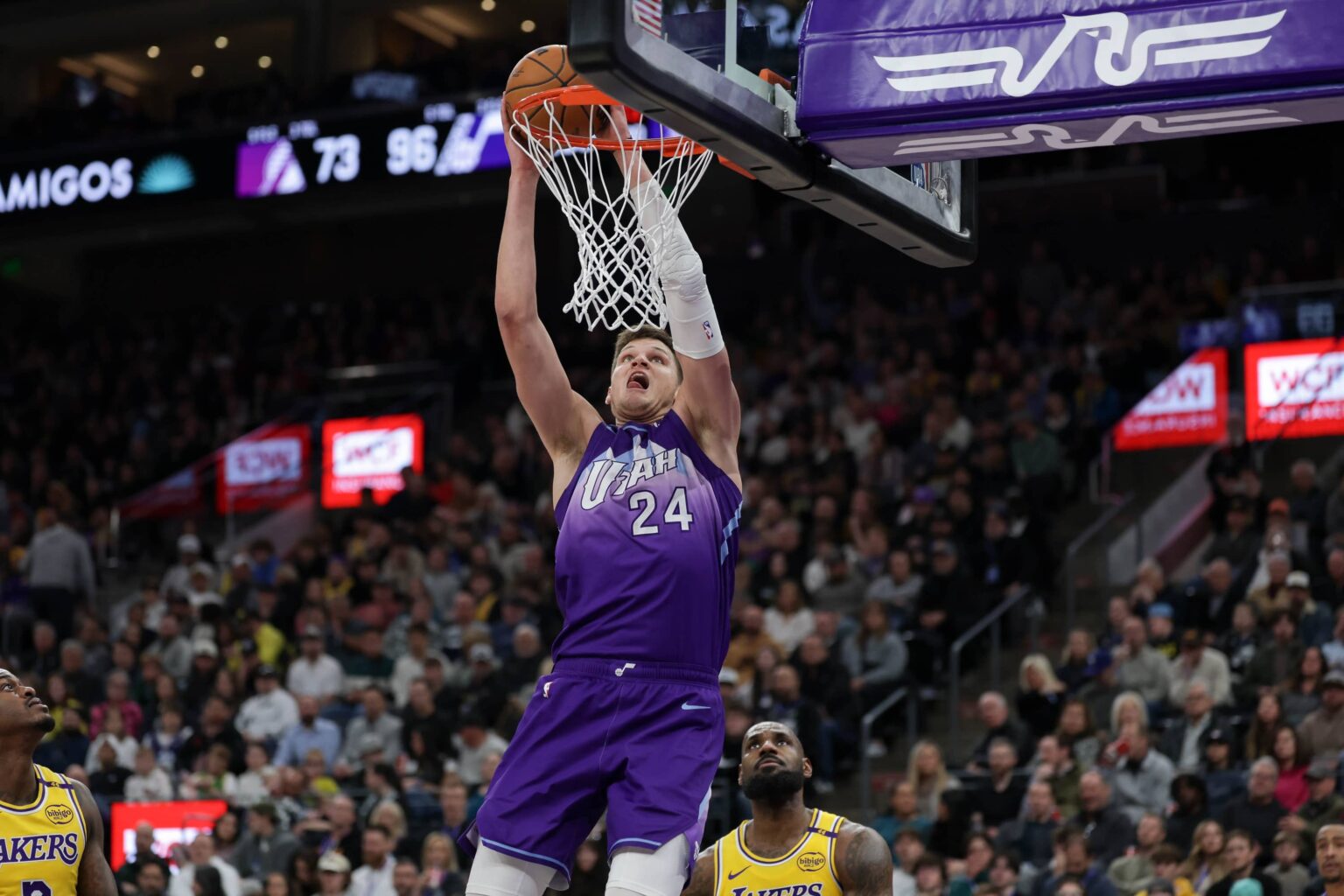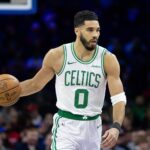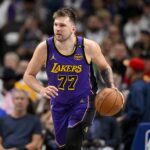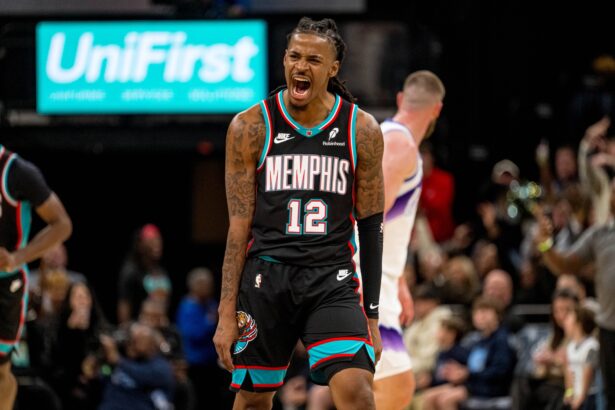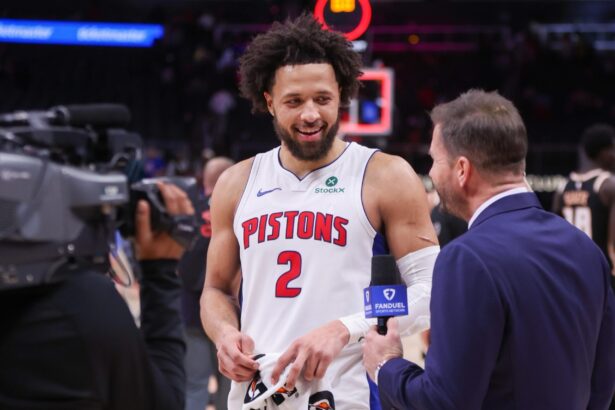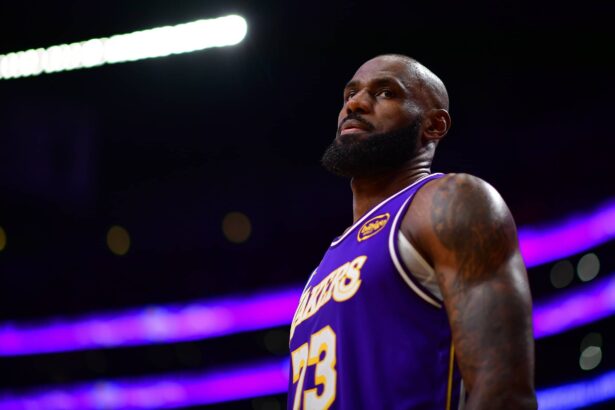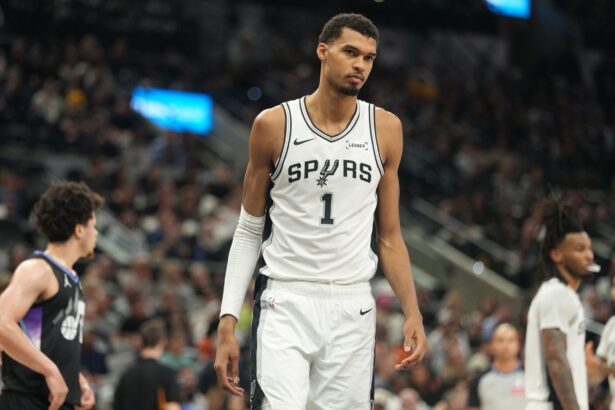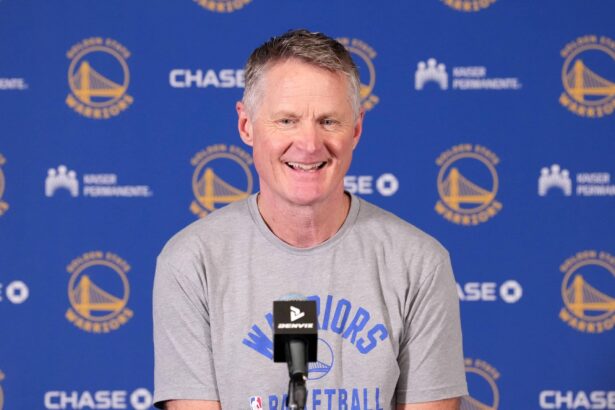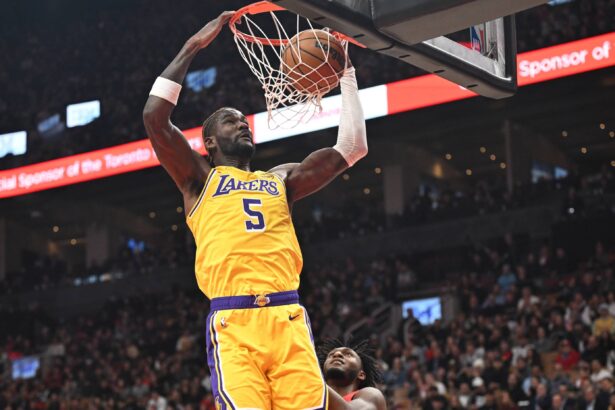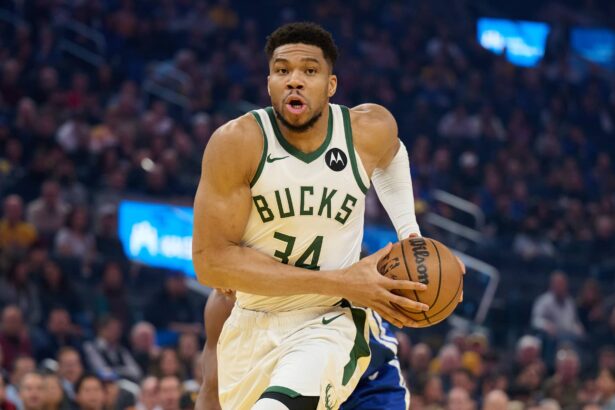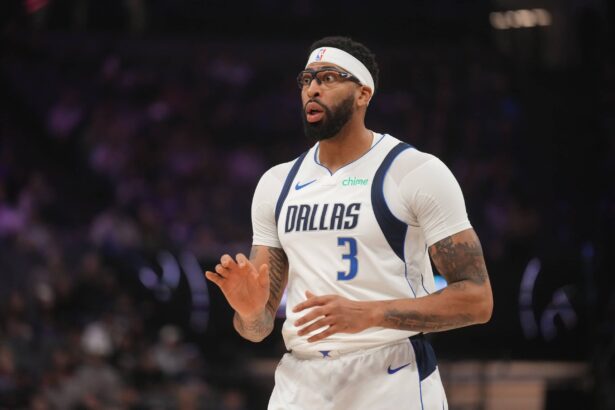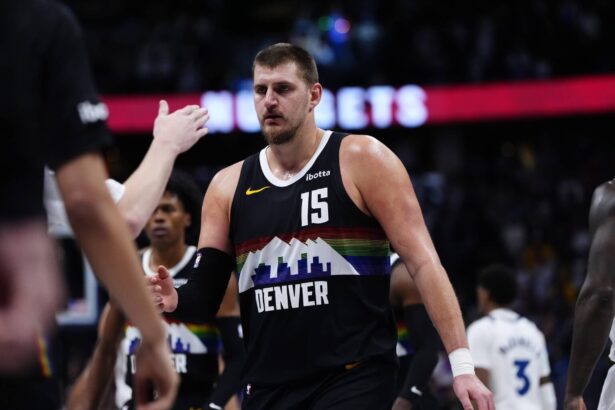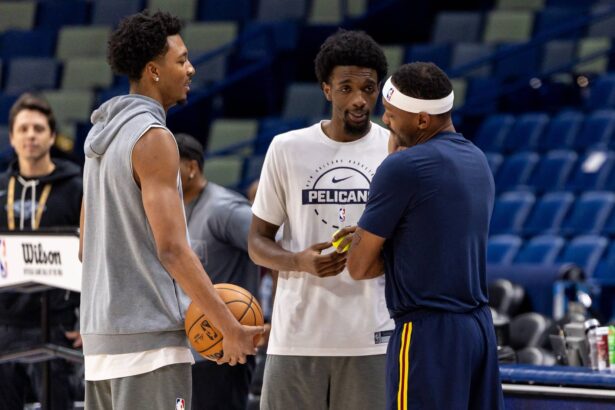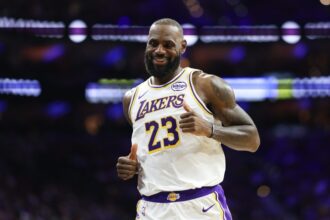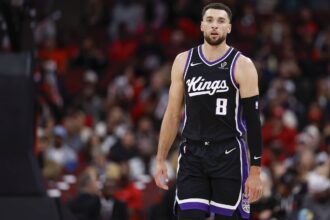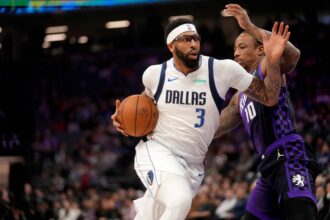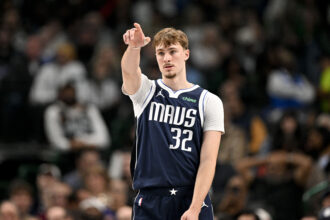The Los Angeles Lakers showed a keen interest in acquiring Walker Kessler from the Utah Jazz earlier in the offseason. Although initial conversations presented some possibility of a deal, negotiations came to a halt after Utah expressed its intent to retain the 24-year-old center.
In recent developments, the Jazz are reportedly unlikely to offer Kessler a rookie-scale extension this season, effectively positioning him to become a restricted free agent in the summer of 2026.
Although Utah’s plans involve clearing enough cap space to offer him a sizable contract, this also opens the door for the Lakers to make an enticing offer, given that they will have a considerable amount of free cap space.
While this is one alternative, the Jazz have opened the door to new trade negotiations by revealing their demands for Kessler. Unfortunately, the price may be considered too steep, as they expect a package including Austin Reaves and two first-round picks.
Given the Lakers’ current rotation, they will be in no rush to acquire Kessler. But overlooking such a talented center would also be unwise. With this in mind, we explore a realistic trade idea, featuring some amendments to Utah’s desired package, that could be in the best interest of both teams involved.
Proposed Trade Details
Los Angeles Lakers Receive: Walker Kessler
Utah Jazz Receive: Rui Hachimura, Dalton Knecht, 2031 first-round pick, 2032 second-round pick
How Does This Deal Benefit Utah?
Walker Kessler is a phenomenal defensive talent, and the Jazz are well aware of it. Considering their roster moves this summer, it is clear that they are willing to invest in building the franchise around him as part of the core.
While he possesses solid developmental potential, the Jazz’s demand from the Lakers could be considered unreasonable, primarily because Reaves is already an established player in the rotation and is regarded by many as the third-best player on the Lakers’ roster.
In light of this, a package including draft assets and two solid rotation players could be more realistic.
The pair of Rui Hachimura and Dalton Knecht could be valuable for a rebuilding team like the Jazz. At 27 and 24, respectively, both players can be considered young enough to fit the team’s timeline.
Hachimura has positioned himself as a reliable rotation player. While his role with the Lakers has been limited, the forward has displayed a versatile offensive skill set that allows him to operate in a variety of situations. With an affinity for the midrange, the 27-year-old is quite capable of creating scoring opportunities for himself.
Last season, he averaged 13.1 points and 5.0 rebounds on 50.9% shooting from the field and 41.3% from three. Given that he was the Lakers’ fourth option on offense, these are impressive figures.
In a system like Utah’s, Hachimura could play a significant role. Especially with the departure of John Collins, the forward could firmly establish his position in the starting rotation as a scoring threat next to Keyonte George and Ace Bailey. Overall, his production could see an increase due to more opportunities to score.
The same could be said for Dalton Knecht, who will be entering his sophomore season in the NBA. Following an inconsistent rookie campaign, Knecht will look to position himself as a capable offensive threat in the rotation.
In this scenario, being traded to the Jazz could prove to be beneficial for the guard. With the departure of a key bench scorer in Jordan Clarkson this summer, the Jazz need a solid replacement. Knecht may not be on par with Clarkson, but he certainly has the tools required to be effective.
While Knecht has proven himself to be a capable perimeter threat, he has more layers to his game. Showcasing an ability to finish at the rim and create in the midrange, the guard is poised to be a solid scorer in the future.
Last season, he averaged 9.1 points and 2.8 rebounds per game, shooting 46.1% from the field and 37.6% from beyond the arc. With a more relevant role, Knecht could develop into a valuable roster piece for the Jazz.
In addition to the two players, the Jazz would also be acquiring the Lakers’ 2031 first-round pick and their 2032 second-round pick. Although Utah demanded two first-rounders, the combined value of Hachimura, Knecht, and two draft picks could be considered appealing all the same.
Kessler’s Addition Rounds Out The Lakers’ Roster
The addition of Walker Kessler addresses one of the Lakers’ most pressing issues: the big man rotation.
After coming up short in their attempts to acquire a solid big man, Los Angeles eventually struck gold when they signed Deandre Ayton on a two-year deal after he was bought out. While this addressed the need for a starting-caliber big man, the Lakers’ depth in the center rotation remains thin.
With Maxi Kleber, Jaxson Hayes, and Christian Koloko (two-way) filling out the rest of the big man rotation, it is clear that the Lakers need to make an upgrade. On this note, acquiring Kessler would give them the depth they need to be competitive.
While Ayton is positioned as a solid running mate to Lakers superstar Luka Doncic on the offensive end, Kessler shows more merit as a rim-protector, while also acting as a solid lob threat.
At 24, Kessler has shown tremendous upside. His physical tools and defensive instincts make him a reliable shot-blocking big man capable of anchoring a team’s interior defense.
Although he is limited offensively, he still posted solid figures overall, as he averaged 11.1 points, 12.2 rebounds, and 2.4 blocks per game on 66.3% shooting from the field.
The Lakers have traditionally benefited from having a solid big man rotation in place, as seen with the 2019-20 championship squad with the pair of JaVale McGee and Dwight Howard.
Given their title aspirations, this decision could help them take a step closer toward establishing themselves as true contenders.
Should The Lakers Trade For Kessler Now?
Acquiring Kessler would undoubtedly help the Lakers bolster their roster. With his defensive upside, Los Angeles could effectively restrict opposition scoring even when the starters rest.
However, trading for Kessler this summer could be counterproductive for the Lakers.
As mentioned earlier, Kessler, while gifted, is still limited. His shortcomings on the offensive end could create a challenge in boosting the bench’s scoring production.
Parting with key role players aligns with the Lakers’ plans to create a roster built to contend for the title. Yet, Kessler may not be the piece that moves the needle.
The Purple and Gold may see more merit in pursuing him next summer, although his status as a restricted free agent may create an obstacle in completing the signing.

